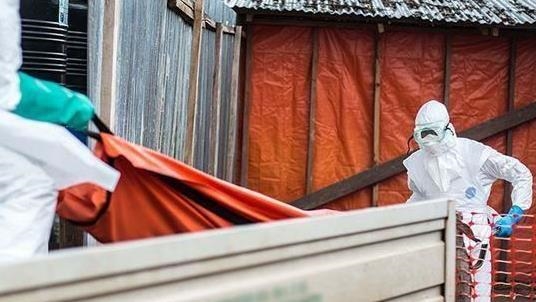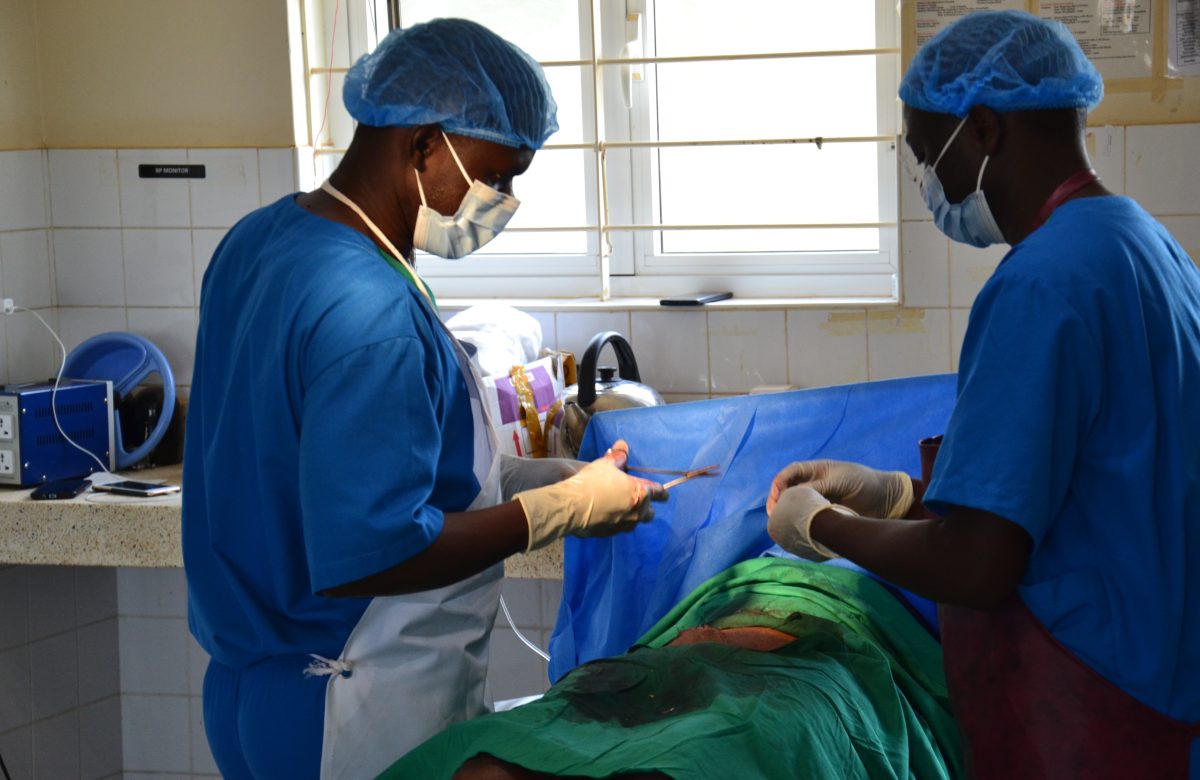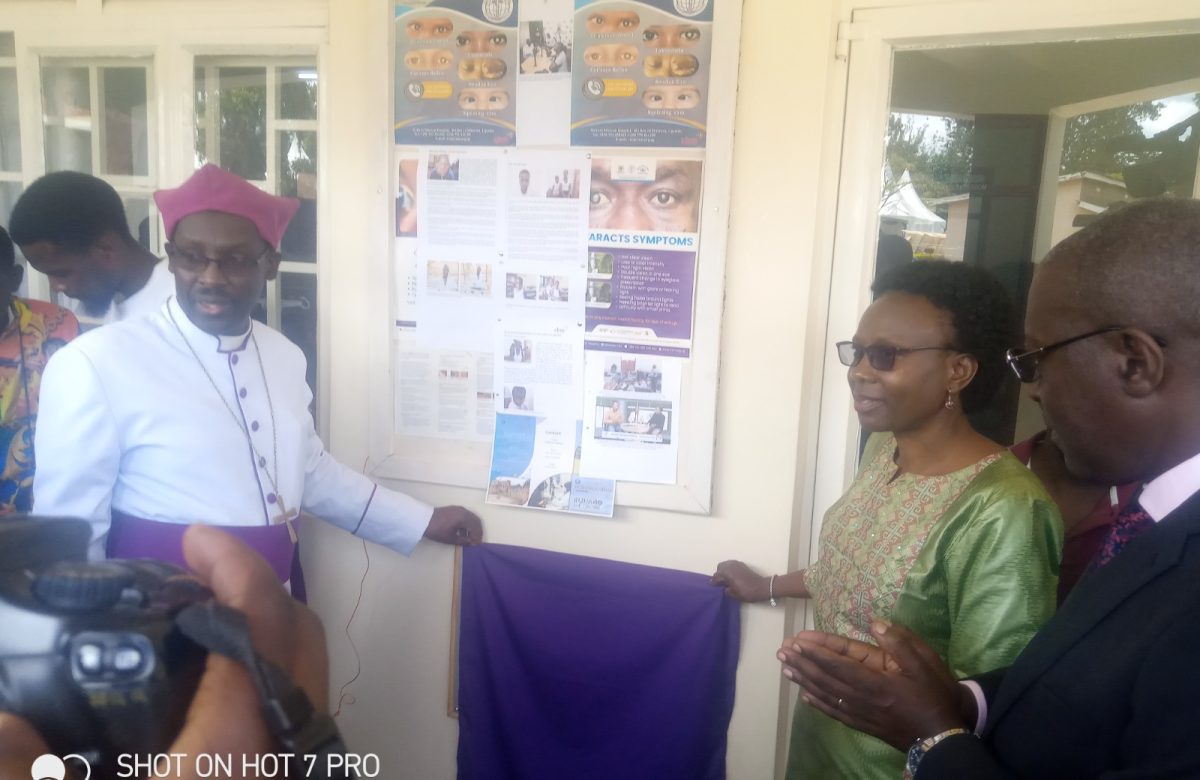
Uganda On High Alert As Monkey Pox Wrecks Havoc in DRC
- HEALTHNEWS
- June 6, 2022
- No Comment
By Our Reporter
The ministry of health has said that the country has not registered any case of monkey pox. However there is an outbreak of the disease in 23 non-endemic countries worldwide and at least eight countries within the tropical African belt.
According to Dr. Henry Mwebesa; the Director General Health Services at the Ministry of health, the ministry is working with partners and closely monitoring the evolving situation of the outbreak of Monkey pox in various parts of the world and interventions like strengthening testing capabilities at Uganda Virus Research Institute (UVRI) test and accurately diagnose monkey pox.

Furthermore, the ministry has intensified surveillance by all health workers to look out for patients with suspected signs and symptoms of monkey pox and report to the Ministry of health through the formal reporting channels.
Monkey pox killed at least 58 people and infected over 1,200 others in the Democratic Republic of the Congo since the beginning of this year, according to the World Health Organization, as cases have climbed in the European and North American nations in the recent past.

What you need to know about Monkey Pox.
According to the Ministry, monkey pox is a viral disease transmitted from animals to humans that is caused by the monkey pox virus. It is transmitted from one person to another by close contact with lesions, body fluids, respiratory droplets and contaminated materials such as beddings.
Eating inadequately cooked meat and other animal products of infected animals is a possible risk factor.
The incubation period of monkey pox ranges from 6 to 13 days. Research shows that 3-6% of people succumb to the disease.
The signs and symptoms include fever, rash, intense headache, swelling of the lymph nodes, back pain, muscle aches and body weaknesses. But sometimes, symptoms may disappear even without treatment.
The most vulnerable groups are children and individuals with low immunity levels.
Monkey pox can be prevented by avoiding physical/direct contact including intimate or sexual contact with an infected.
If someone is suspected or confirmed as having the disease, they should isolate at home or in an appropriate facility until the scabs have fallen off, and abstain from sex, including oral sex.
During this period, patients must be offered supportive medical care to ease symptoms such as pain or itchiness, and they should be monitored for early detection of any medical complications of the illness.
Dr. Mwebesa conclusively advised the public to remain vigilant and report any suspected patient to the nearest health worker immediately, or to alternatively call the ministry of health toll-free line on 0800-100-066 or send a free text message to 6767 beginning with the key word ALERT, describing the place and symptoms of the affected.





